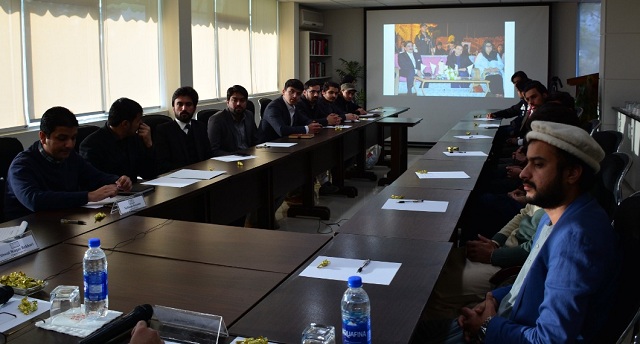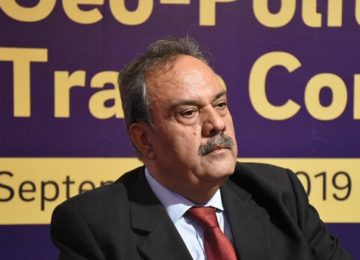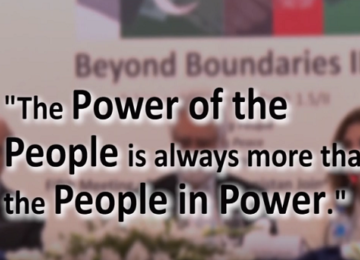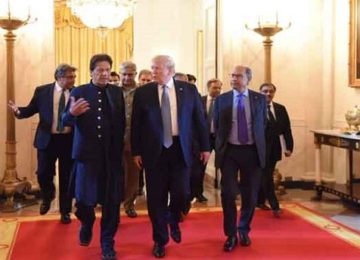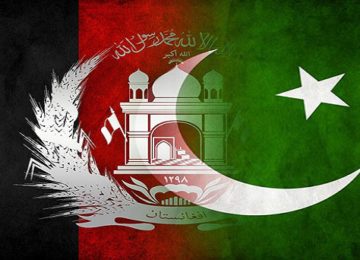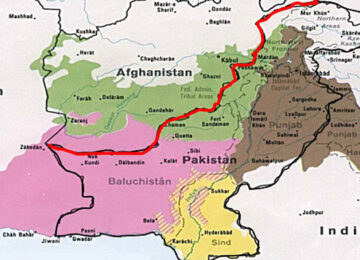December 31, 2018
Afghanistan, for the first time in its almost 40 years’ long conflict, is perhaps seeing a silver lining in the cloud in terms of harnessing peace. There is a direct engagement between Kabul government and the Taliban – implying that intra-Afghan dialogue is now becoming a reality. This development raises hopes for Afghans who have been longing for peace and prosperity for too long, stated Ms. Nasim Zehra. Senior Journalist and author Nasim Zehra was speaking to youth from Pakistan and Afghanistan at Afghan Studies Center’s 19th Pak-Afghan Youth Dialogue on the theme of emerging dynamics around the Afghan peace process on Friday in Islamabad.
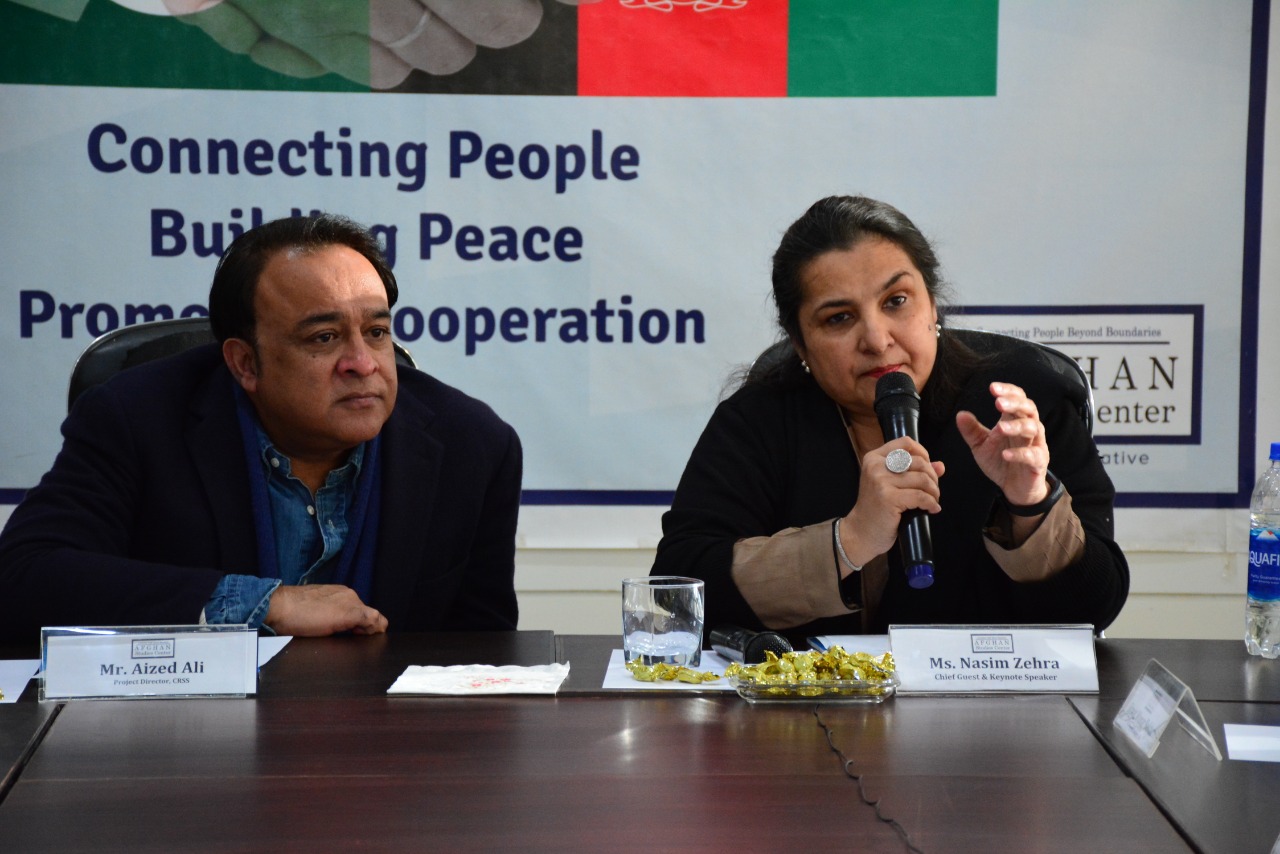
While the idea of absolute peace in the world that we live in today may be a utopian proposition, Ms. Zehra stated, relative peace may be very possible soon, depending on how well the Afghan political leadership responds to this window of opportunity which has emerged after decades. Sharing her personal insights, she said that dialogue through backdoor channels on the Afghan peace process has been very much there for the past almost 10 years, though not acknowledged publicly. The current breakthrough appears to be the outcome of these engagements for all those years between the Afghan government, Taliban, US, Pakistan, China, Russia, Iran, Saudi Arabia and UAE at different times.
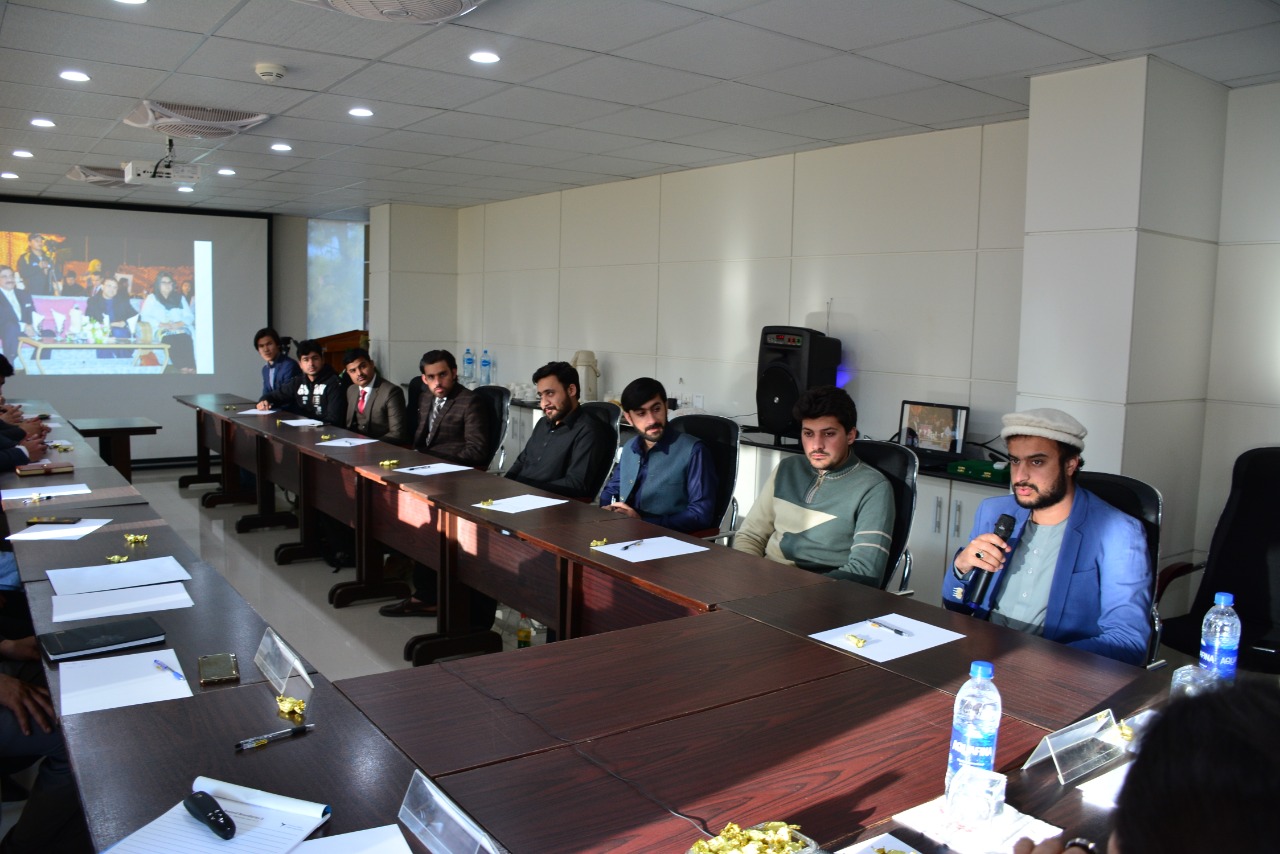
On the contrary, despite all engagements, the Taliban played a zero-sum game, insisting on the complete exit of the US and NATO troops before any constructive peace talks could be held which would involve them on the table. In this backdrop, US President Trump’s recent announcement signaling the draw-down of American troops may give an indication to the Taliban that the US is finally serious about a negotiated peace settlement in Afghanistan. It may also likely lead to a reduction in confrontational tactics used by both sides so far and perhaps a better chance for a workable exit strategy for the US. Albeit, Trump’s decision carries different dimensions for different stakeholders involved in the conflict.
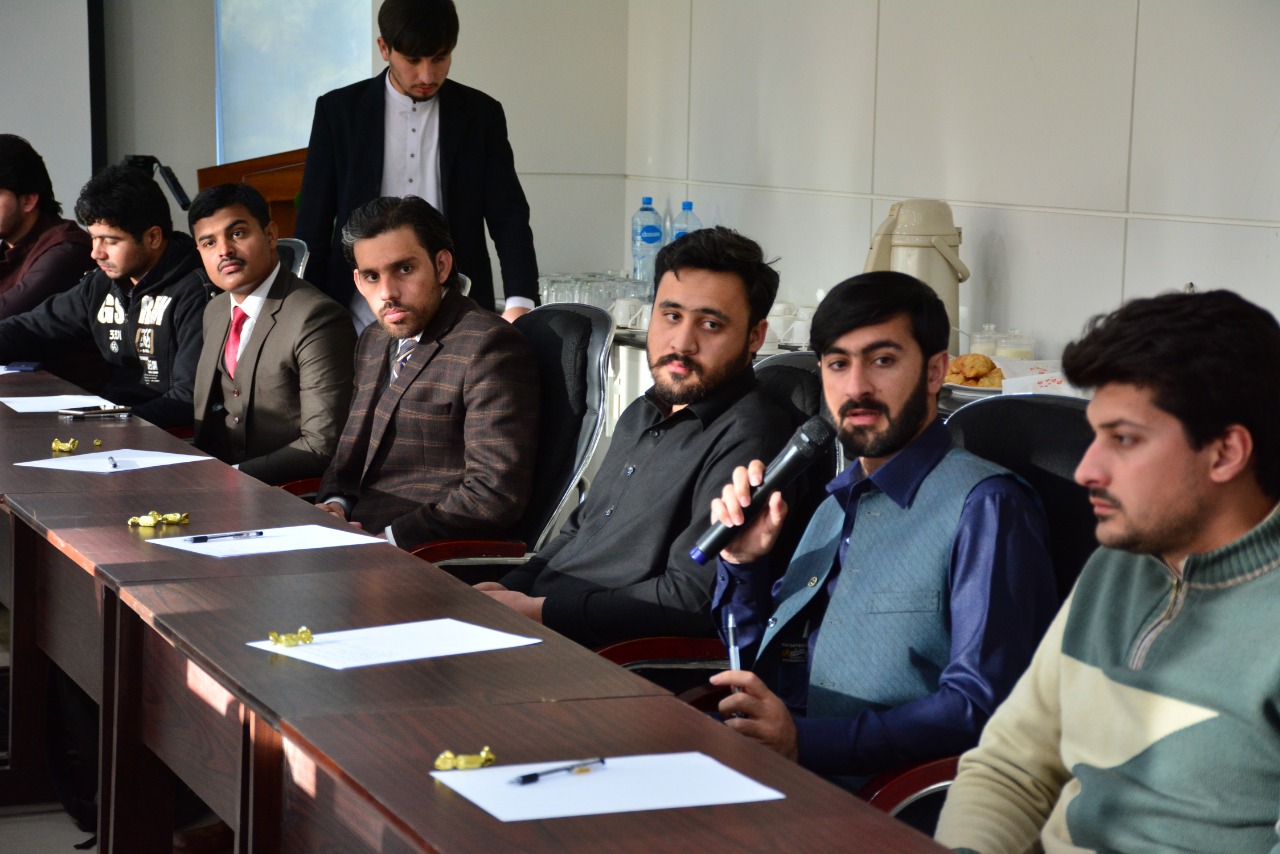
Regarding the US’ responsibility, Nasim Zehra stated that it would be naive on the part of any American President or officials to infer that their disengagement from Afghanistan would be a “smooth affair”. Let us hope that Washington does not repeat the mistakes of the early 90s when it abandoned Afghanistan soon after the Soviet withdrawal from the country, where the resultant bedlam in the country perpetuated the conflict. Moreover, the US withdrawal is a scenario which may spell disaster for Afghanistan if not handled with utmost care, she remarked. Hence, it is the utmost responsibility of all stakeholders involved to ensure that a productive intra-Afghan peace dialogue progresses smoothly.
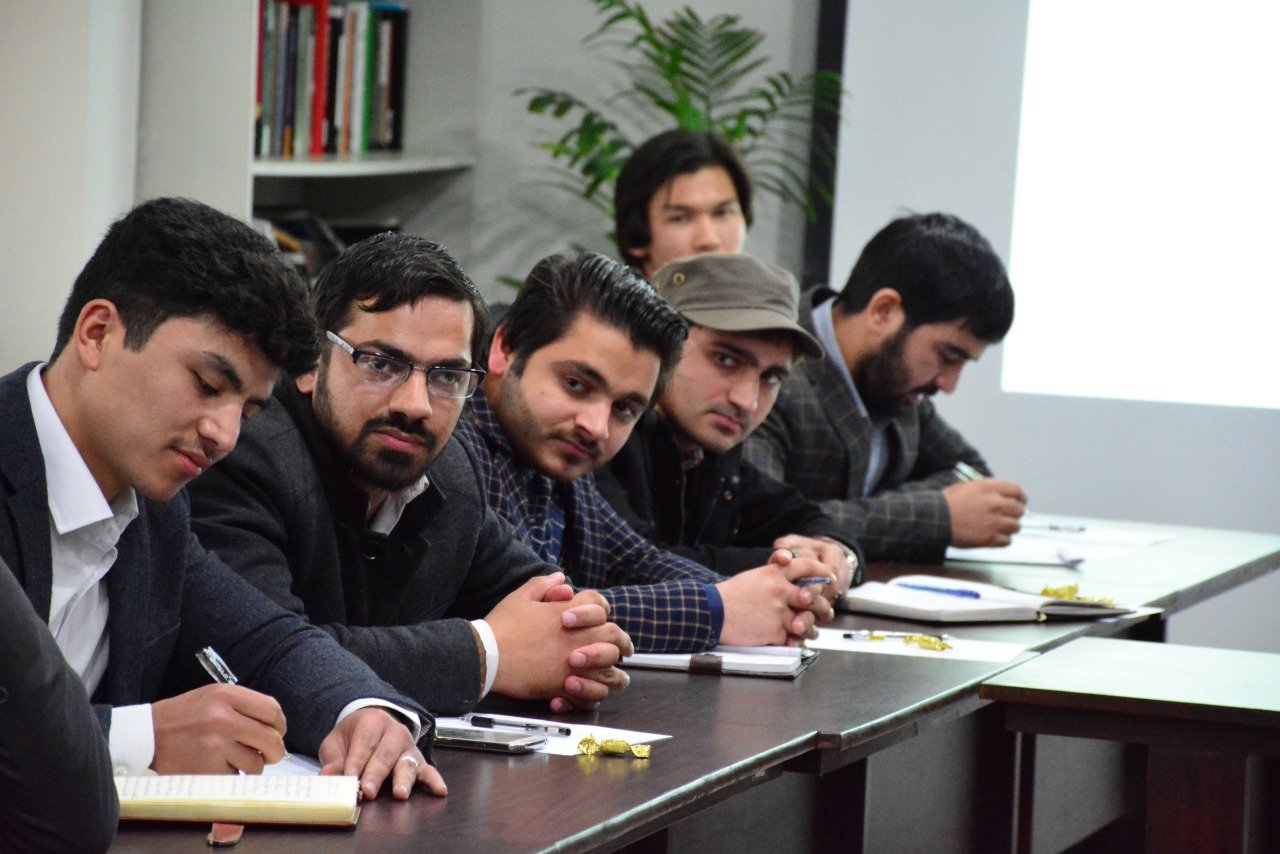
Responding to queries in the Q&A session, Ms. Zehra stated that Pakistan is desperate for peace now and is facilitating all it can in the Afghan peace process by engaging all regional stakeholders. The recent development in this regard precipitated through Pakistan’s diplomatic efforts, she affirmed.
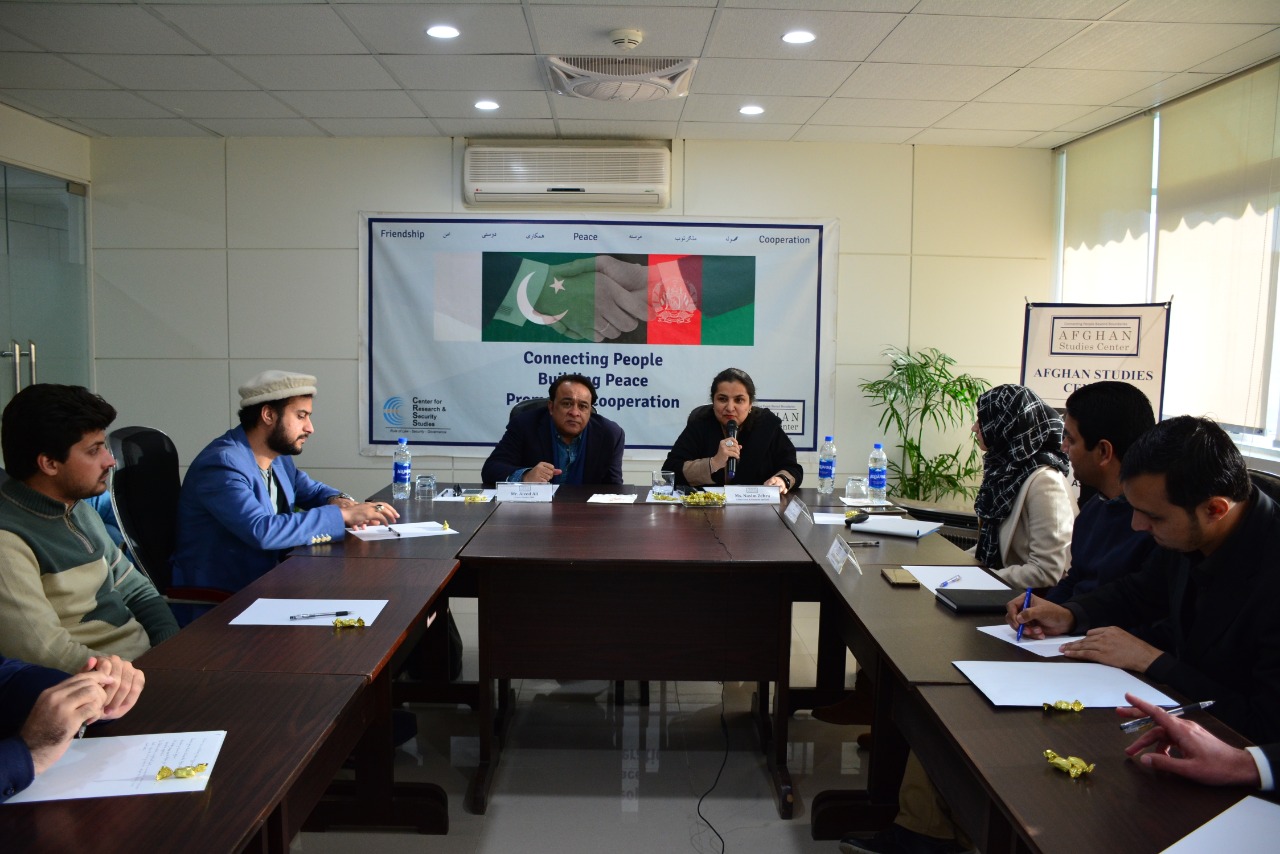
Towards the end of the dialogue, in a message specifically to the youth attending the dialogue, Nasim Zehra enunciated that Pakistan and Afghanistan can live side by side peacefully. She recalled the interesting paradoxical relationship of both the nations in the 1950s and 1960s, where the two neighbors had reservations with each other, yet there was trust and goodwill shown in those times as well. She advised the youth that it is time we leave what happened in the past and look towards the future now. In this age of information overload, citizen journalism, fake news, proxy wars and confusion, the role of the youth is of crucial importance where their role becomes decisive in nature. She concluded on the note that “the future of Pakistan and Afghanistan is so co-dependent that the two do not have any option but to cooperate and the youth has to play a critical role there”.
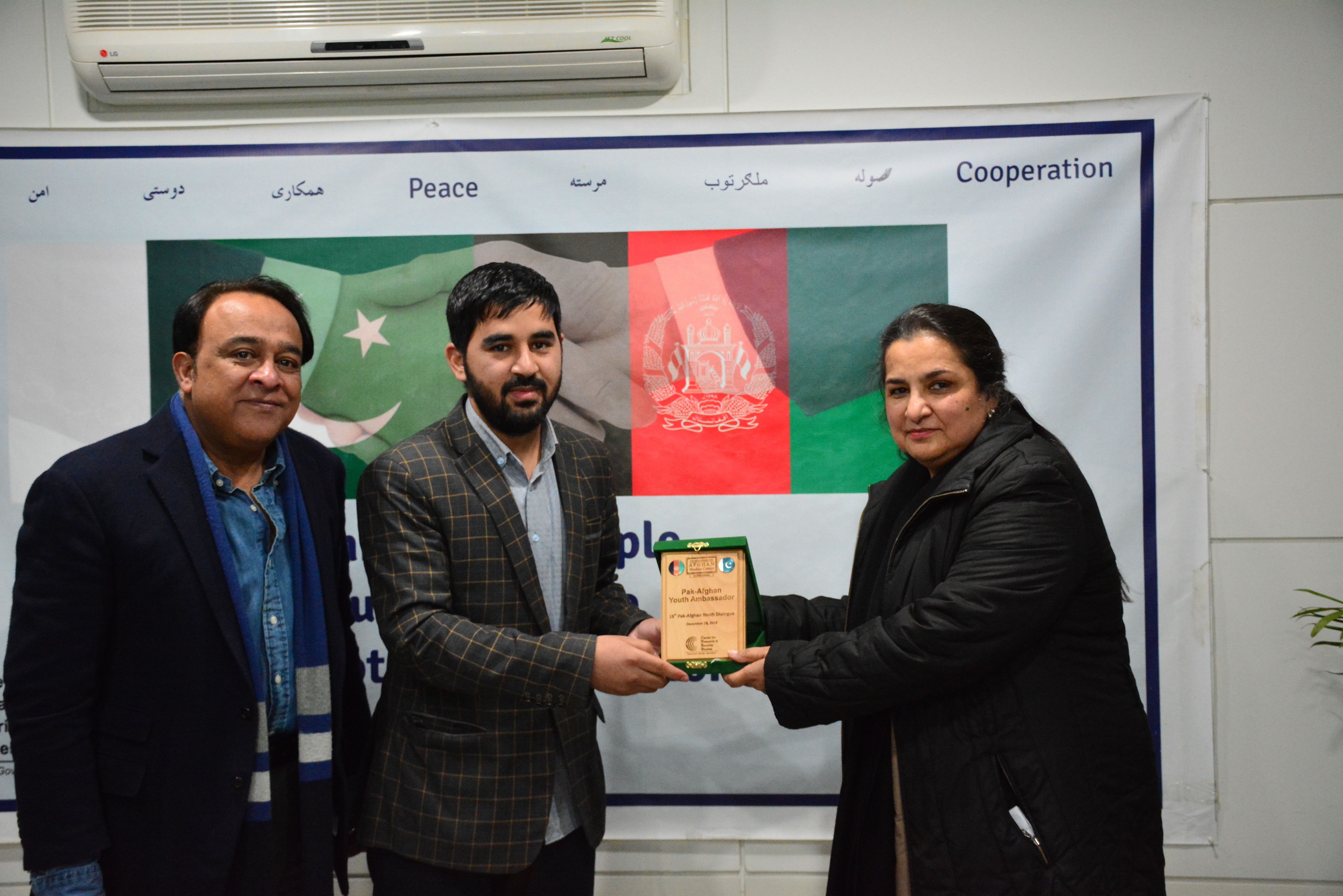
CRSS Project Director Mr. Aized Ali also apprised the participants about the ongoing CRSS Pak-Afghan Track 1.5/II Initiative ‘Beyond Boundaries’ which has so far convened 16 high level meetings between the two Pak-Afghan influencers’ groups, mainly in Kabul and Islamabad, but also in other major cities such as Karachi, Lahore, and Mazar-e-Sharif, to bridge the gulf of mistrust and improve bilateral relations between Pakistan and Afghanistan. He told the participants that the Afghan Studies Center is an off-shoot of the initiative, aimed to provide the youth of both countries a platform to inculcate critical, creative and out of box thinking and to dispassionately interact and exchange ideas as they emerge as future leaders and ambassadors of peace.
At the end, at the end, the ASC team nominated Abdul Ghani from Afghanistan as the Pak-Afghan Youth Ambassador for the month of December 2018, who was then presented a shield by the Chief Guest. Project Director Mr. Aized Ali also presented an honorary shield of appreciation to the Chief Guest, Ms. Nasim Zehra.
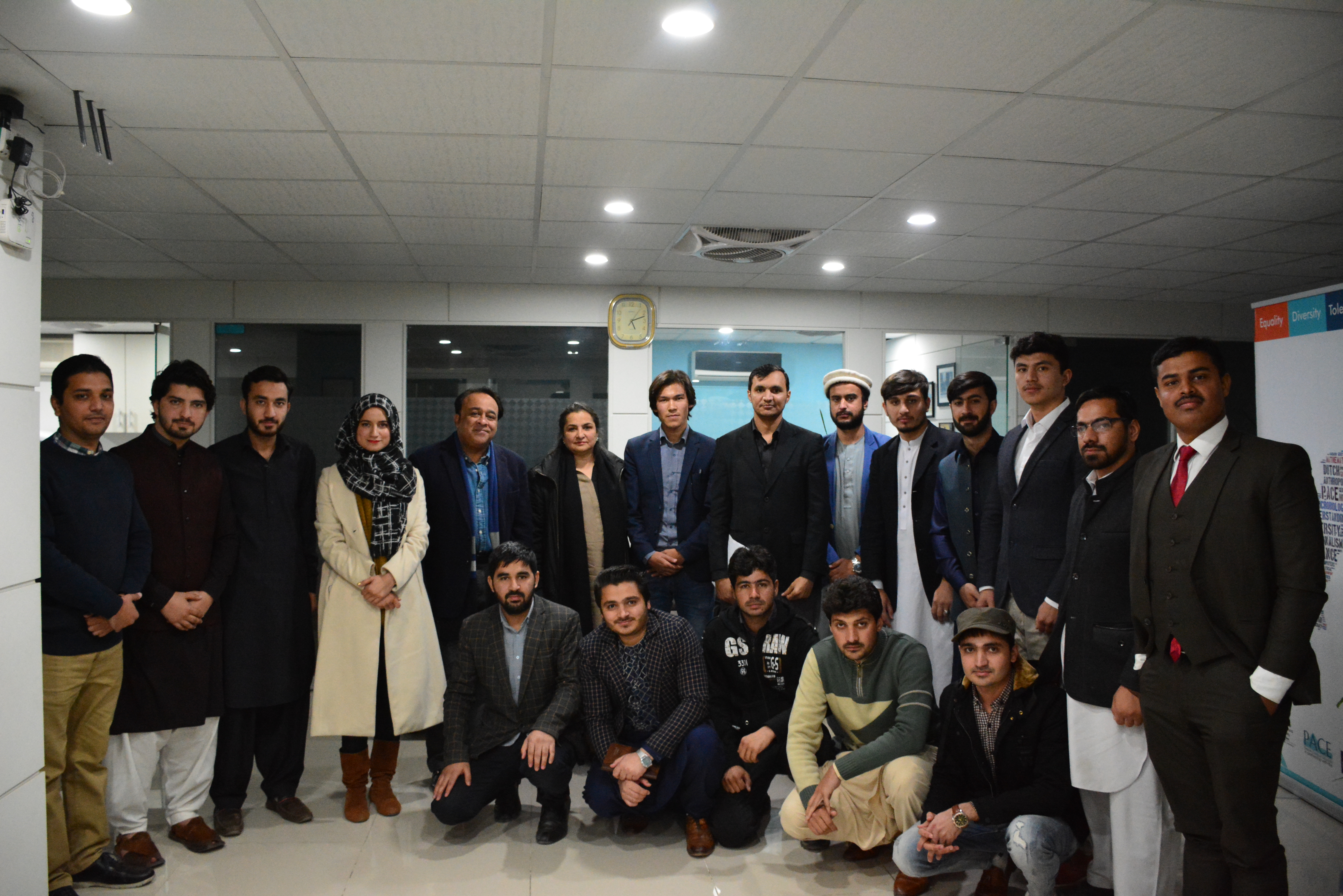
This was the 19th Pak-Afghan youth dialogue organized by Islamabad-based Afghan Studies Center – an initiative focused on imparting critical thinking amongst Pak-Afghan youth and encouraging youth diplomacy in Pak-Afghan relations through its various activities since April 2017.
© Center for Research and Security Studies (CRSS) and Afghan Studies Center (ASC), Islamabad.



